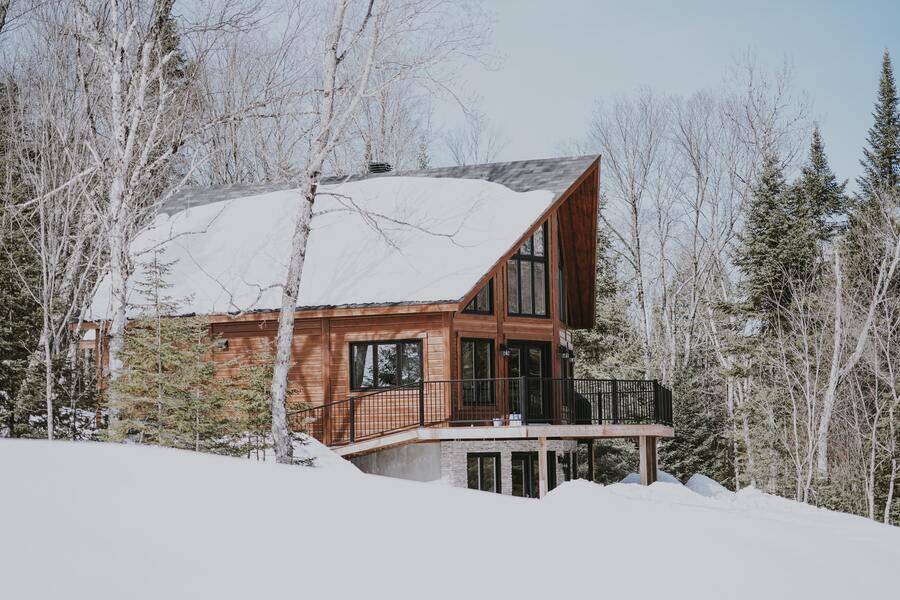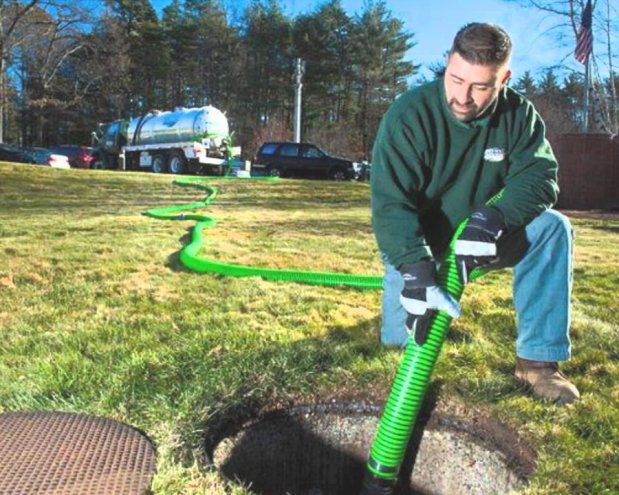
19
The winter cold can have a significant impact on your septic system. When temperatures drop, your septic system is more susceptible to problems such as freezing, backups, and other issues that can cause significant damage. Let’s take a closer look at how the winter cold affects your septic system and what you can do to keep it running smoothly throughout the colder months.
One of the most common issues that homeowners face during the winter months is freezing. As temperatures drop, the water in your septic system can freeze, causing blockages and other problems. If your system freezes, it may stop working altogether, leading to backups and other issues.
One of the most effective ways to prevent freezing is to insulate your septic system. This can be done by adding a layer of insulation around your septic tank and drain field. This insulation will help to keep the soil and water around your system from freezing, which will prevent blockages and other problems. Additionally, it's important to ensure that the lid on your septic tank is properly sealed to prevent cold air from entering the tank and causing freezing.
Another common issue that homeowners face during the winter months is backups. As temperatures drop, the sludge in your septic tank can become thicker and more difficult to pump. This can lead to backups and other problems that can be expensive and time-consuming to fix. To prevent backups, it's important to have regular septic tank pumping.
Most septic companies recommend that you have your septic tank pumped every three to five years. However, if you live in an area with harsh winters, it may be necessary to have your tank pumped more frequently. This is because the colder temperatures can cause the sludge in your tank to thicken, making it more difficult to remove during the septic tank pumping process.
If you notice any signs of a backup, such as slow-draining sinks or toilets, it's essential to call a septic company immediately. They will be able to assess the situation and determine the best course of action to resolve the issue.
Finally, it's important to be mindful of what you're putting down your drains during the winter months. Grease, oil, and other materials can solidify in your pipes, causing blockages and other problems. Additionally, it's important to avoid pouring hot water down your drains, as this can cause the sludge in your tank to rise to the surface, leading to backups and other issues.
The winter cold can have a significant impact on your septic system. To prevent issues such as freezing, backups, and other problems, it's essential to take steps to protect your system. This includes insulating your system, having your septic tank pumped regularly, and being mindful of what you're putting down your drains. By taking these steps, you can ensure that your septic system remains in good working order throughout the colder months, helping to prevent expensive and time-consuming repairs down the line. If you're unsure about how to properly maintain your septic system during the winter months, it's always a good idea to consult with a professional septic company like Charlotte Septic Pros to get expert advice and guidance.

12
A single slow drain in your home can feel like a minor inconvenience. Maybe the sink takes a little longer…
Read more
05
Are Slow Drains a Septic Issue or Just a Clog? Slow drains are one of those household problems that start…
Read more
02
What Septic Service Techs See That Homeowners Miss Most homeowners only think about their septic system when something goes wrong.…
Read more
21
Simple Habits That Protect Your Septic System A well-functioning septic system does its job quietly, but the moment something goes…
Read more
14
Pump Now or Pay Later: The Real Cost of Skipping Maintenance A properly functioning septic system is easy to forget…
Read more
11
Why Your Septic System Always Acts Up at the Worst Time Homeowners often feel that septic problems strike at the…
Read more
04
Early Warning Signs Your Septic Tank Needs Pumping For homeowners who rely on a septic system, routine maintenance is not…
Read more
29
Why Does My Septic System Smell Fine One Day and Terrible the Next? If you own a home with a…
Read more
19
Is Your Septic System Overdue? Simple Home Checks You Can Do Today For many homeowners, the septic system is a…
Read more
13
5 Signs Your Septic Tank Is Overdue for Pumping Your septic system works quietly behind the scenes, managing wastewater from…
Read more